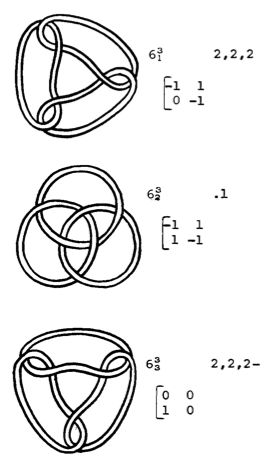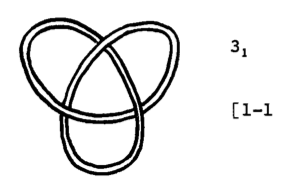It is intuitive to see that the 3-components links (under Alexander–Briggs notations) $6^3_1, 6^3_2, 6^3_3$ are closely related to each other; in a sense by doing a cut-gluing or sew-gluing surgery, we can transform one to the others.

Similarly, one can also do the surgery to transform $6^3_1, 6^3_2, 6^3_3$ to $3_1$ trefoil knots. This surgery is especially intuitive from $6^3_2$ to $3_1$.

So my question is that what is the mathematical procedure to formulate this surgery? Are those procedures fully captured by Reidemeister moves? And what are the explicit math relations to transform $6^3_1, 6^3_2, 6^3_3$, $3_1$ to each other?
For example, one can write direct sums of Hopf links as $2^2_1\# 2^2_1$ to form a new 3-component non-prime links. it may be the easiest one in the case of $$6^3_2 \to 3_1.$$ There should be also some considerations of orientations and framing for the others: $$6^3_1 \to 3_1,$$ $$6^3_3 \to 3_1.$$
p.s. It will be greatly appreciated that if someone please makes the statement explicitly and as simple as possible. (excuse me, I am a physicist.) Thank you.
